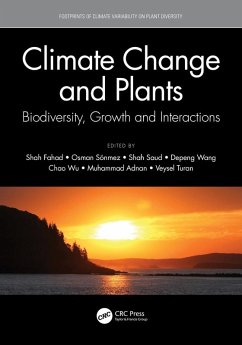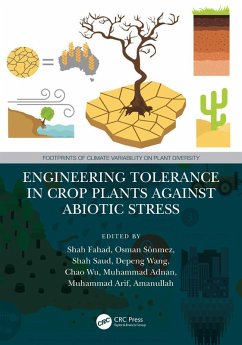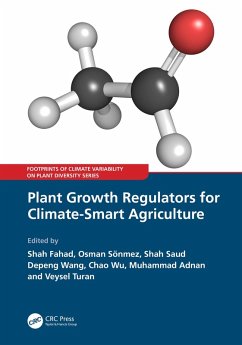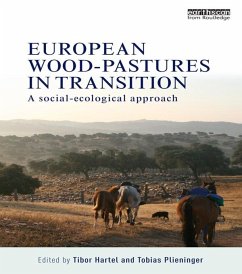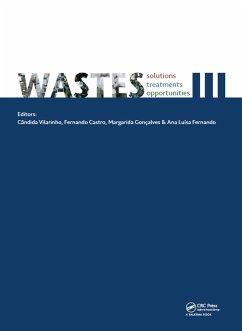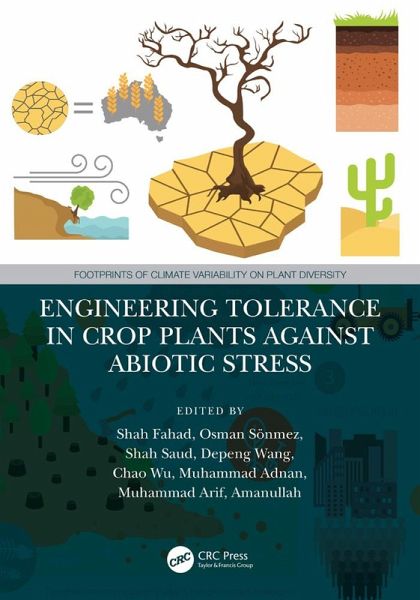
Engineering Tolerance in Crop Plants Against Abiotic Stress (eBook, ePUB)
Versandkostenfrei!
Sofort per Download lieferbar
52,95 €
inkl. MwSt.
Weitere Ausgaben:

PAYBACK Punkte
26 °P sammeln!
Despite significant progress in increasing agricultural production, meeting the changing dietary preferences and increasing food demands of future populations remains a significant challenge. Salinity, drought, water logging, high temperature and toxicity are abiotic stresses that affect the crop yield and production. Tolerance for stress is a important characteristic that plants need to have in order to survive. Identification of proper techniques at a proper time can make it easy for scientists to increase crop productivity and yield. In Engineering Tolerance in Crop Plants against Abiotic S...
Despite significant progress in increasing agricultural production, meeting the changing dietary preferences and increasing food demands of future populations remains a significant challenge. Salinity, drought, water logging, high temperature and toxicity are abiotic stresses that affect the crop yield and production. Tolerance for stress is a important characteristic that plants need to have in order to survive. Identification of proper techniques at a proper time can make it easy for scientists to increase crop productivity and yield. In Engineering Tolerance in Crop Plants against Abiotic Stress we have discussed the possible stresses and their impact on crops and portrayed distinctive abiotic stress tolerance in response to different techniques that can improve the performance of crops.
Features of the Book:
Features of the Book:
- Provide a state-of-the-art description of the physiological, biochemical, and molecular status of the understanding of abiotic stress in plants
- Address factors that threaten future food production and provide potential solution to these factors
- Designed to cater to the needs of the students engaged in the field of environmental sciences, soil sciences, agricultural microbiology, plant pathology, and agronomy
- New strategies for better crop productivity and yield
- Understanding new techniques pointed out in this book will open the possibility of genetic engineering in crop plants with the concomitant improved stress tolerance
Dieser Download kann aus rechtlichen Gründen nur mit Rechnungsadresse in A, B, BG, CY, CZ, D, DK, EW, E, FIN, F, GR, HR, H, IRL, I, LT, L, LR, M, NL, PL, P, R, S, SLO, SK ausgeliefert werden.




